Search Results
Showing results 1 to 18 of 18
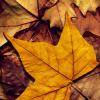
Shapes and Colors and Textures, Oh My!
Source Institutions
This is an activity about discovering the colors and beauty of nature. Learners will spend time outdoors, matching paint chip samples, colored paper, or colors of clothing to those found in nature.
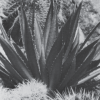
Cactus Wheel
Source Institutions
In this outdoor activity/field trip, learners explore the concept of population density.
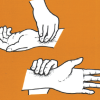
Cardiac Hill
Source Institutions
In this outdoor activity linking human health to the environment, learners use their pulse rates as a measure of the effort expended in walking on different slopes.

Sensory Hi-Lo Hunt
Source Institutions
In this outdoor activity, learners use only their senses to to find the extremes of several environmental variables or physical factors: wind, temperature, light, slope and moisture.
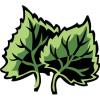
Determining the Amount of Transpiration from a Schoolyard Tree
Source Institutions
In this activity, learners calculate the number of milliliters of water a nearby tree transpires per day.
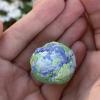
Seed Orbs
Source Institutions
In this activity, learners will make seed orbs to grow new trees and plants. Learners will explore ecology and life cycles as well as stewardship through this activity.
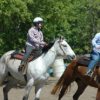
Take It in Stride
Source Institutions
In this health and fitness activity, learners focus on the importance of daily physical activity, specifically walking.
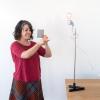
Polarized Sunglasses
Source Institutions
In this activity, learners explore how polarizing sunglasses can help diminish road glare.
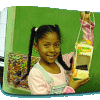
Feed the Birds
Source Institutions
Learners construct a bird feeder from re-used materials. After hanging their feeder, they keep a journal about what birds visit the feeder.
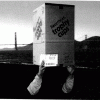
Personal Pinhole Theater
Source Institutions
Have you ever heard of a camera without a lens? In this activity, learners create a pinhole camera out of simple materials. They'll see the world in a whole new way: upside down and backwards!
River Catcher
Source Institutions
In this activity (located at the top of the page), learners make an easy river strainer and see what they can catch.

Statistics: Steppin' Out
Source Institutions
In this math lesson, learners construct box-and-whisker plots to analyze and compare data sets. Learners investigate whether or not long-legged people run faster than short-legged people.
Growing Plants: Track Their Growth
Source Institutions
In this activity, learners will be working with predictions with a time frame of one week, or longer. Start by planting seedlings.

A Degrading Experience
Source Institutions
In this activity on page 27, learners perform an experiment to learn about how different types of marine debris degrade and how weather and sunlight affect the rate of degradation.
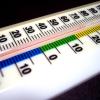
Canned Heat
Source Institutions
In this activity, learners explore how light and dark colored objects absorb the Sun's radiations at different rates.
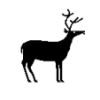
Statistics: Creature Features
Source Institutions
In this math activity, learners collect, organize, and analyze a set of data related to types of animals in the temperate forest.
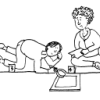
Cool Tool
Source Institutions
In this activity (on pages 10-17), learners discover how scientists study biodiversity and the health of the environment based on inspection of small areas—a process known as sampling.
Trees: Buds and Twigs
Source Institutions
In this hands-on nature activity, learners observe the emergence of leaves and flowers. Branches from trees and bushes are collected in the early spring, brought indoors, and placed in water.
